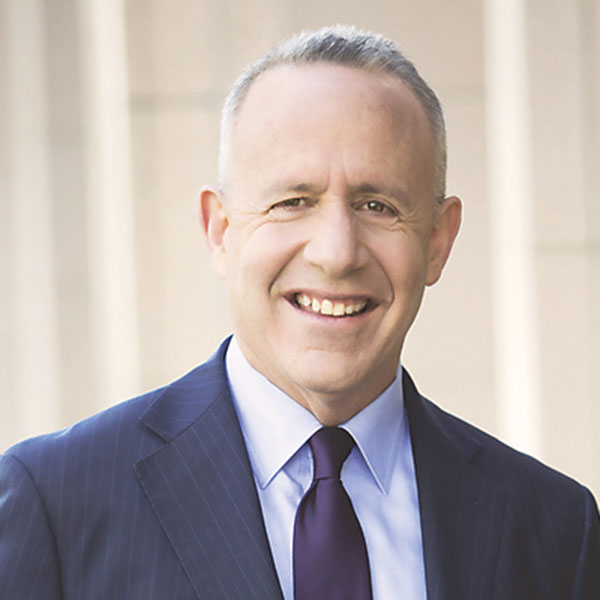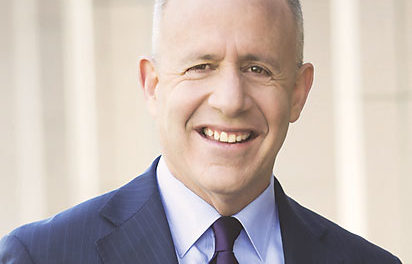If Sacramento voters need a reason to reject Measure G, the Children’s Fund Act, on March 3, Derrell and Tina Roberts have provided it.
Years ago, the husband and wife co-founded a North Sacramento nonprofit called the Roberts Family Development Center. On the surface, the center exists to help vulnerable young people.

The suit and settlement were kept quiet until December, when city officials received a copy. Sacramento has spent about $1.6 million in contracts with the Robertses over the past 10 years. The city quickly froze current contracts and ordered an audit. Other clients of the Robertses—especially local school districts—should respond with similar alarm.
Measure G would make skimming easy for nonprofits that comingle business with pleasure. The law puts an amateurish, non-elected committee in charge. It prevents the City Council from challenging the committee’s decisions to give money to specific operators such as the Robertses.
And Measure G is poorly written. There’s no language to cover what happens if the City Council rejects the committee’s three-year spending proposals and annual evaluations. The measure expires in 15 years, so the City Council could reject five spending plans and forget about the Children’s Fund.
The Roberts fiasco shows what can happen to respected nonprofits. Darrell and Tina Roberts have been local fixtures for decades. Their board of directors included representatives from Kaiser Permanente, Wells Fargo, the Kings, Sacramento State, VSP, the Bee and law firms. Rep. Doris Matsui, Mayor Darrell Steinberg and County Supervisor Phil Serna were honorary members.
Despite the gold-plated board, the Robertses allegedly had no trouble mixing state money earmarked for farmworkers into their personal bank accounts.
Unfortunately, State Attorney General Xavier Becerra says the center has been even more helpful to the Robertses.
Derrell Roberts is one of the architects and primary supporters behind Measure G, which will skim about $12 million each year from police, fire, parks and other city services. The cash will go into the pockets of nonprofits—such as the Roberts Center.
Derrell Roberts has never been shy about promoting a voter initiative that will enrich him. But he has been shy about something else—how Becerra described the Roberts Center as nothing more than a “mere shell” and personal piggy bank for the Robertses.
I’ve known Roberts for many years, but when I asked him about this, he declined.
The attorney general alleged the Robertses diverted thousands of state dollars for personal use and gouged farmworkers on rent deposits. When caught, the Robertses stalled for more than a year, forcing Becerra to sue in 2017.
In total, about $650,000 in state money disappeared after the Robertses became property managers for three farmworker housing centers in San Joaquin County, the attorney general said. The Robertses settled the complaint last summer. They agreed to pay back $400,000.
The Robertses didn’t admit guilt, but the lawsuit and 239 pages of evidence are devastating—a roadmap of what can happen when a nonprofit has minimal accountability. The lawsuit is a sober antidote to Measure G.

The evidence includes credit card payments the Robertses rang up at restaurants and hotels. They have eclectic taste, blowing $5,116 in one sitting at Ella on K Street and $25 at Country Waffles on Sunrise Boulevard.
And remember, the Robertses were admired. Imagine what bad nonprofits do.
If Measure G passes, the Robertses will be first in line for the city’s millions. The Roberts Family Development Center is still open. When the Robertses settled, they paid the state $100,000 and now must pay $7,500 a month through December 2022.
The settlement doesn’t explain where the money comes from, but the city and school districts should ask. So should voters when they think about Measure G.
R.E. Graswich can be reached at regraswich@icloud.com. Follow us on Facebook, Twitter and Instagram: @insidesacramento.















